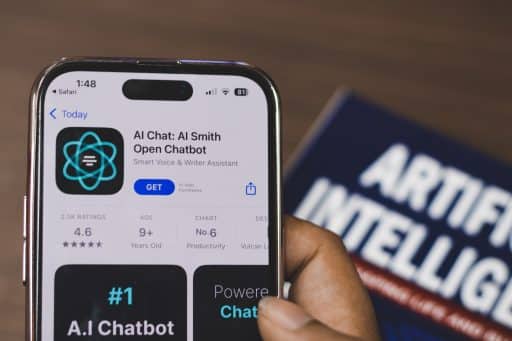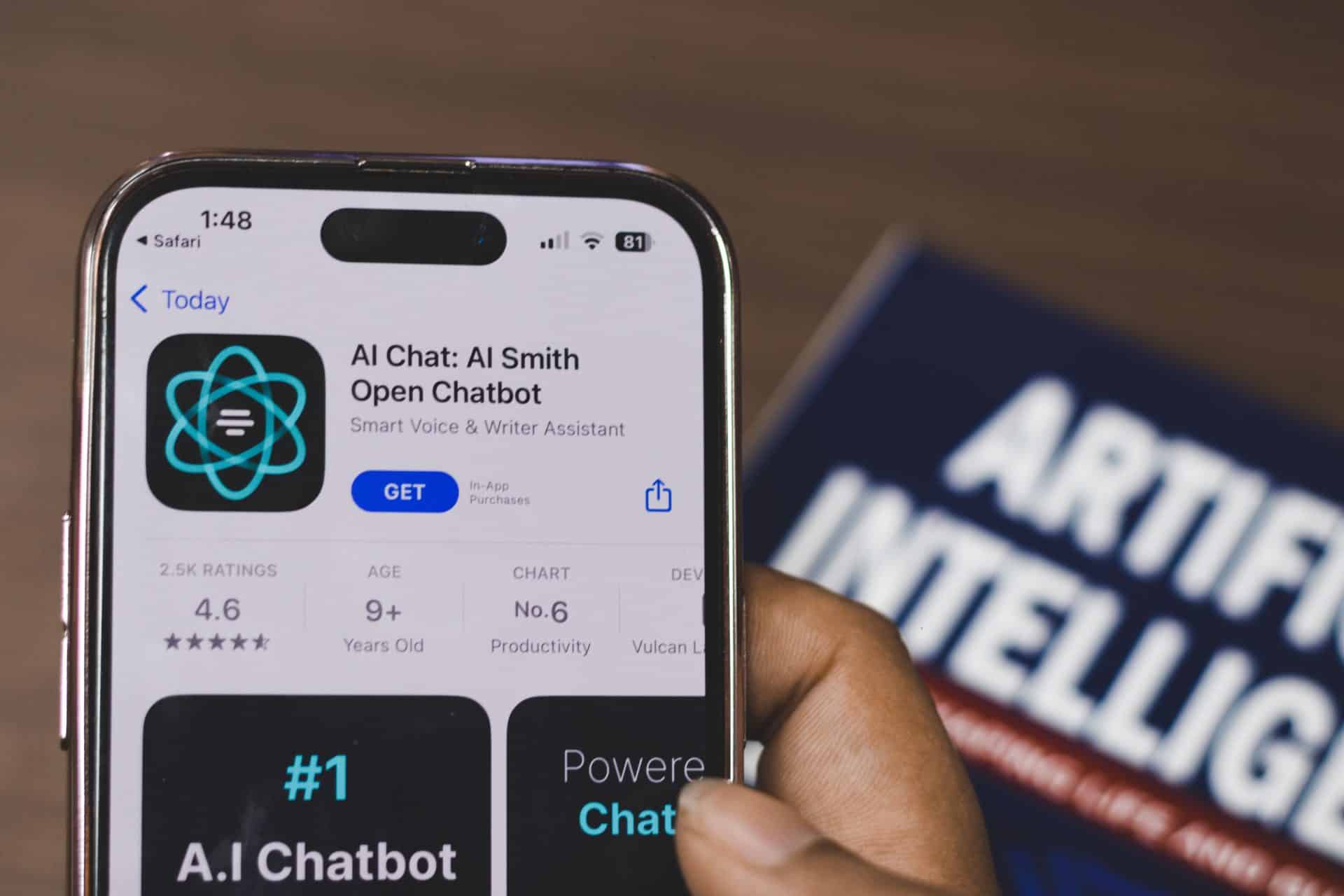
The rapid advancement of artificial intelligence (AI) has transformed various industries, and digital marketing is no exception. As AI technologies become more sophisticated, there is growing speculation about whether AI will ultimately take over the realm of digital marketing. This blog delves into the current state of AI in digital marketing, explores the potential benefits and challenges, and attempts to dispel some common misconceptions surrounding AI’s future in the industry.
The most successful digital marketers of tomorrow will be the ones who embrace AI today.
– David Shing
The Current State of AI in Digital Marketing
AI has already made a significant impact on digital marketing practices. From personalised content recommendations to chatbots handling customer queries, AI-driven tools are enhancing efficiency, accuracy, and user experience. Some of the key areas where AI is currently being utilised in digital marketing include:
1. Customer Segmentation and Targeting: AI algorithms can analyse vast amounts of customer data, such as online behaviour, preferences, and purchase history, to identify patterns and create targeted marketing campaigns. This helps businesses reach the right audience with personalised messages, thereby increasing conversion rates and customer satisfaction.
2. Content Creation and Optimisation: AI-powered tools can generate content for blogs, social media posts, and advertisements, saving time and resources for marketers. Moreover, AI can analyse the performance of content and suggest improvements to maximise engagement and reach.
3. Chatbots and Virtual Assistants: AI-driven chatbots have become prevalent in customer service, handling routine queries and providing instant responses 24/7. Virtual assistants like Amazon’s Alexa and Google Assistant are also playing significant roles in voice-based marketing.
4. Predictive Analytics: AI algorithms can analyse historical data to predict future trends, allowing marketers to make data-driven decisions and optimise their campaigns for better results.
The Benefits of AI in Digital Marketing
1. Improved Efficiency: AI automates repetitive tasks, allowing marketers to focus on strategic planning and creative efforts. This efficiency leads to cost savings and better resource allocation.
2. Enhanced Personalisation: AI enables hyper-personalised marketing campaigns by tailoring content and offers based on individual preferences and behaviours, leading to higher customer engagement and conversion rates.
3. Real-Time Insights: AI-powered analytics provide marketers with real-time data on campaign performance, enabling them to adapt and adjust strategies on the fly for optimal results.
4. Increased Customer Engagement: Through chatbots and virtual assistants, AI enhances customer interactions by providing quick and accurate responses, thereby fostering a positive brand image and customer satisfaction.
5. Data-Driven Decision Making: AI’s ability to analyse vast amounts of data allows marketers to make more informed decisions, backed by data-driven insights, resulting in more effective campaigns.
Putting Myths to Rest
1. Myth: AI will replace human marketers entirely. Reality: While AI can automate various tasks, human creativity, empathy, and strategic thinking remain crucial aspects of marketing. AI is a tool that complements human efforts, enabling marketers to make better decisions and deliver more impactful campaigns.
2. Myth: AI will destroy jobs in the marketing industry. Reality: While some routine marketing tasks may be automated, the rise of AI opens up new roles and opportunities. Marketers can focus on higher-value tasks like developing creative strategies, analysing AI-generated insights, and building stronger customer relationships.
3. Myth: AI lacks the ability to understand human emotions and context. Reality: AI has made significant progress in natural language processing and sentiment analysis, allowing it to better understand human emotions and context in communications. However, there is still room for improvement to achieve complete human-like comprehension.
Challenges and Ethical Considerations
1. Data Privacy and Security: AI relies heavily on vast amounts of data, raising concerns about data privacy and security. Marketers must adhere to ethical practices and stringent data protection regulations to safeguard consumer information.
2. Bias and Fairness: AI algorithms may inherit biases present in the data they are trained on, leading to biased decision-making and potentially discriminatory marketing practices. Careful consideration and ongoing monitoring are essential to ensure fairness in AI-driven campaigns.
3. Overreliance on AI: Relying solely on AI without human oversight may lead to missed opportunities and misinterpretation of results. Human judgement and expertise remain vital to ensure AI-generated insights align with broader marketing objectives.
As AI evolves, so will digital marketing, and those who adapt will thrive in the ever-changing landscape.
– Neil Patel

Key Take Away
AI has already revolutionised digital marketing and its impact will only grow in the future. Rather than replacing human marketers, AI serves as a valuable tool that empowers marketers to deliver more personalised and impactful campaigns. However, the full potential of AI can only be harnessed when combined with human creativity, empathy, and strategic thinking. As the digital marketing landscape continues to evolve, embracing AI while addressing its challenges and ethical considerations will be essential to staying ahead in the competitive market and building long-lasting customer relationships.






